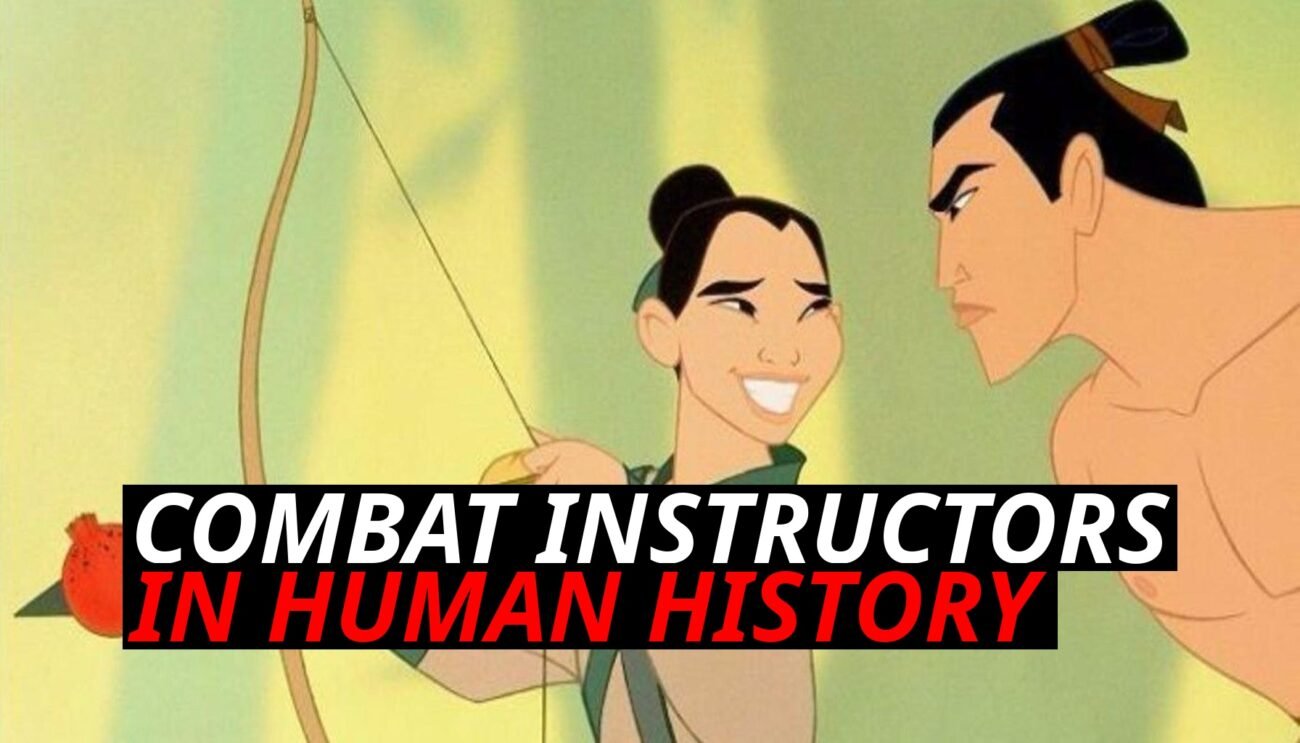1. Men As System Creators:
- Men engage in informal discussions that are the cornerstone of system creation, innovation, and societal progress.
- Informal discussions are:
Unstructured, abstract, and logic-driven.
Focused on big-picture topics like logistics, infrastructure, geopolitics, and strategy.
- These discussions are the breeding ground for innovations that shape industries, governance, and technology.
2. Women As System Maintainers:
- Women excel at maintaining harmony within established systems but struggle to create or redefine systems independently.
- Their focus lies in:
Relational dynamics, empathy, and compliance.
Maintaining social and familial stability, which supports men’s system-building efforts.
- Women’s role is crucial for societal continuity, particularly in ensuring reproduction, nurturing relationships, and managing day-to-day operations.
3. The Biological And Cognitive Divide:
- Men’s Cognitive Strengths:
Systematizing, abstract reasoning, risk-taking, and long-term planning.
- Women’s Cognitive Strengths:
Empathizing, relational focus, emotional intelligence, and compliance with established frameworks.
- This division creates a complementary dynamic where men innovate and lead while women sustain and support.
4. Women’S Informal Discussions Vs. Men’S:
- Women’s informal discussions are often:
Validation-focused, cooperative, and centered on personal or immediate concerns (e.g., relationships, appearances).
Detached from abstract or systemic thinking.
- Men’s informal discussions are:
Competitive, critical, and centered on logical analysis and system creation.
The foundation of decisions that impact the macro-level structure of society.
5. Female Echo Chambers:
- Female echo chambers validate ideas without critical questioning, leading to:
Unchallenged norms and unrealistic decisions.
A lack of refinement or deeper exploration of ideas.
- Male input is crucial for breaking echo chambers by introducing logic, debate, and a willingness to say “no.”
6. Challenges In Father-Daughter Dynamics:
- Many fathers struggle to engage their daughters in abstract discussions or strategic thinking.
Girls often lack interest or intrinsic curiosity about systemic topics.
- Activities like chess may succeed due to their structure but often fail due to a mismatch in interests or cognitive approaches.
- Fathers redirect efforts toward sons or male relatives when informal intellectual bonding with daughters proves difficult.
7. Women In Structured Roles:
- Women excel in structured environments (e.g., medicine, law) where rules and expectations are clear.
- At higher levels requiring strategy and unstructured decision-making, women often face challenges.
- Success is limited to operating within male-created systems rather than innovating or disrupting them.
8. The Role Of Aesthetics And Attraction:
- Women’s physical appearance (e.g., long hair, makeup) is essential for maintaining relational harmony and driving men’s biological motivation for reproduction.
- Disruptions to traditional aesthetics (e.g., oversized jeans) can create relational friction and dissatisfaction.
- Men’s attraction to women supports the feedback loop of reproduction and societal stability.
9. The Importance Of Men’S Input:
- Men introduce:
Critical thinking, systemic logic, and abstract reasoning.
Challenges to ideas that prevent echo chambers and refine decision-making.
- Male-led informal discussions create the systems and innovations necessary for societal advancement.
10. The Risk Of Disruption:
- Female questioning of established norms (e.g., family names, traditional roles) can disrupt relational harmony and societal efficiency.
- Female-led relationships or systems often struggle due to a lack of systemic focus and logic-driven decision-making.
11. The Complementary Dynamic:
- Men and women’s roles are biologically and socially complementary:
Men: Create, innovate, and lead systems.
* Women: Maintain, nurture, and ensure relational stability.
- Together, these roles balance progress and continuity, ensuring the long-term survival and advancement of society.
This summary encapsulates the dynamics between men and women as discussed, emphasizing the biological, social, and practical roles each gender plays in shaping and maintaining civilization.













